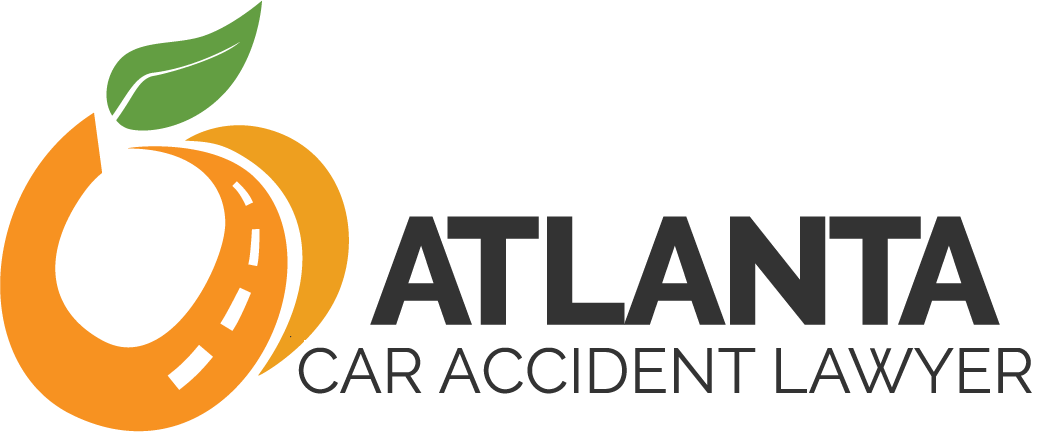
The statements made in the deposition will become evidence that your lawyers can use to win your case. In many cases, you may be able to win without going to trial based on what was said.
If you have been involved in a car accident, lawyers may have taken your deposition. In a deposition, you sit in a conference room and answer questions under oath. After the deposition is over, the court reporter types up everything that was said, creating a transcript. Your lawyers may use the transcript of your testimony to resolve your case more quickly—possibly without a trial.
If your case does go to trial, attorneys from either side may read statements from the transcript to support or question what you say on the stand.
A deposition is one of the most nerve-wracking parts of a car accident case. It can be stressful to try to recall all the details of the accident, and it can feel as though the lawyer on the other side is trying to trick you. But depositions play an important part in a car accident case, and your deposition can actually help your car accident lawyer in Atlanta resolve your case more quickly, and win you a higher amount.
What is the “transcript”?
During your deposition, a court reporter was diligently recording everything that was said. The lawyers may have asked you to speak loudly or say “yes” or “no” instead of just moving your head so that the court reporter could take down your answer. After the deposition, the court reporter prepares a document that contains everything that was said during your deposition.
The court reporter will send the document, known as a “transcript” to your lawyer, and you may have an opportunity to look it over and correct anything that seems inaccurate. Because you were under an oath to tell the truth in your deposition, the statements contained in your transcript are evidence, just the same as if you had testified in court.
How can a deposition transcript help win my case?
There are two ways a deposition transcript might be used to win your case. One involves negotiation and the other involves a legal motion to the judge:
- Negotiation between your lawyer and the insurance company’s lawyers doesn’t stop just because a lawsuit has been filed. They can continue to negotiate on their own, and they may attend settlement conferences or mediations designed to help resolve the case. Your deposition testimony lets both sides see the kind of testimony you would give at trial. If the insurance company believes you would make a good witness and that a jury might be sympathetic to your case, it might be motivated to offer significantly more money to avoid going to trial. Of course this can also work the other way: if the insurance company lawyers think they could discredit you at trial, they may be less likely to resolve the case.
- Motions are requests that lawyers make to a judge. They are usually written documents supported by evidence such as your deposition transcript. The most common use of deposition transcripts is in a motion for summary judgment. This asks the court to decide the case in your favor based solely on deposition testimony and other written evidence. Deposition transcripts might also be used in motions to gather more evidence, motions to limit the scope of the trial, or motions to exclude certain evidence.
Can the deposition transcript be used against me?
Yes, but it usually does a lot more good than bad. Once the deposition is given, either side is free to use it as evidence—including the insurers. But your lawyers should have helped you prepare for the deposition, and its main purpose is to record your version of events. Usually, it’s strong evidence in your favor.
How is a deposition transcript used at trial?
Very few personal injury cases make it all the way to trial, but if yours is one of them, the lawyers on both sides may use your deposition transcript.
- Your lawyer may ask you to read through your transcript as a way of preparing yourself to testify at trial. He or she may advise you to avoid contradicting the statements you made at the deposition.
- Your lawyer may read from your transcript to refresh your memory about key facts that you have forgotten.
- If your testimony on the witness stand is inconsistent with the statements you made in your deposition, the lawyer for the other side may read portions of your transcript in an effort to discredit you.
- If an accident victim offers deposition testimony but is too ill to attend the trial (or has passed away), the deposition testimony can be used instead of live testimony.
What if I have other questions about my deposition?
If you’ve never been through a deposition before, it can feel like a strange and stressful process. There may have been many comments and objections that you did not fully understand, and it’s normal to think of things that you forgot to mention at the time. If you have nagging questions or concerns, you should not hesitate to contact your lawyer or the law firm staff who have been working with you on your case.
Talk to an Atlanta Car Accident Lawyer for Free
Our lawyers have a long history of helping accident victims—from the beginning of an insurance claim all the way through trial and beyond. We never charge you anything unless we win money for you. Let us sit down with you for a FREE, no-obligation consultation to talk about your claim and help you decide on the next steps. Call us at (404) 341-6555 or fill out the form to the right to get your free consultation today.





